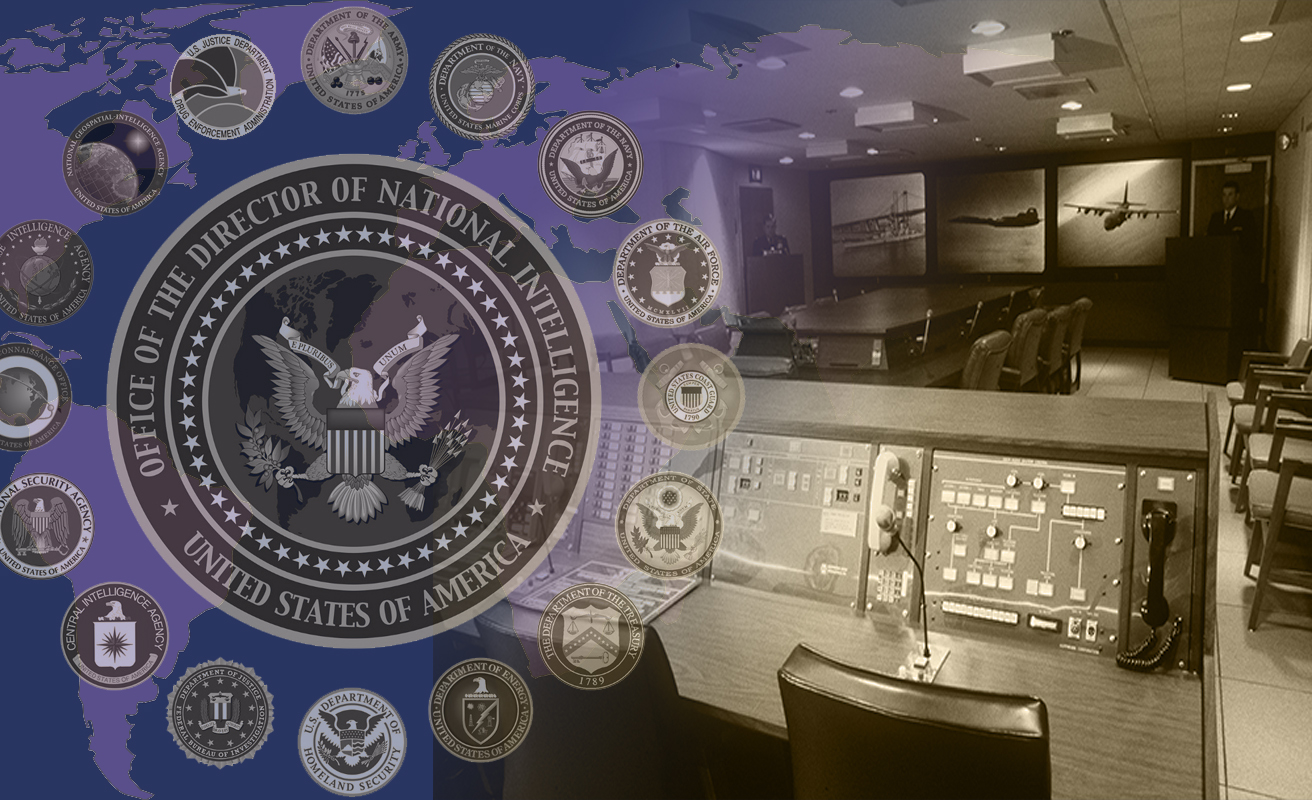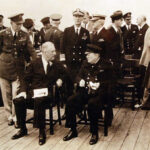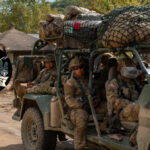
Failure is not just the result of one part of the equation. [Sometimes] you can give the right piece of intelligence and they won’t act on it.
What does it take to be a successful intelligence officer or civilian? Or perhaps, what negative traits indicate the likelihood of failure? In this second episode in the WAR ROOM series on Intelligence, special guest Dr. Rose McDermott of Brown University discusses the skills, knowledge, and attitudes that intelligence professionals need (or must avoid), along with a political culture where success is often miscredited to policy while intelligence is blame for any perceived failure. U.S. Army War College resident student Mr. Paul Mekkelson moderates, and the Intelligence series editor Genevieve Lester provides the introduction.
Podcast: Download
Subscribe: Apple Podcasts | Spotify | Amazon Music | Android | Pandora | iHeartRadio | Blubrry | Podchaser | Podcast Index | TuneIn | Deezer | Youtube Music | RSS | Subscribe to A Better Peace: The War Room Podcast
Rose McDermott is the David and Mariana Fisher University Professor of International Relations at Brown University and a Fellow in the American Academy of Arts and Sciences. Paul Mekkelson is a Department of Defense civilian and a student in the U.S. Army War College resident class of 2018. The views expressed in this podcast are those of the speakers and do not necessarily reflect those of the U.S. Army War College, the U.S. Army, or the Department of Defense.
Image Credit: Photo of the Operations Deputy’s Conference Room in the National Military Command Center located at the Pentagon (1984) by Robert D. Ward (public domain). Composite by Tom Galvin.
Posts in the “Intelligence” series:
- THE ROLE OF INTELLIGENCE TODAY
- POLICY SUCCESS VS. INTEL FAILURE?
- IMPACT (OR NOT) OF INTEL ON STRATEGIC DECISION MAKING
- STRATEGIC ATTACKS AND THEIR FALLOUT
- NEEDLES IN HAYSTACKS: ANALYZING TODAY’S FLOOD OF INFORMATION
- WHERE DOES INTELLIGENCE GO FROM HERE? AN INTERVIEW WITH JAMES CLAPPER
- THE DOD-CIA RELATIONSHIP: ARE WE MILITARIZING STRATEGIC INTELLIGENCE?
- THE SIGNIFICANCE OF THE ODNI: AN INTERVIEW WITH JAMES CLAPPER
- AFGHANISTAN: WHERE WAS THE INTEL?
- TRUE SPIES: STUDYING AND UNDERSTANDING MODERN ESPIONAGE





When senior officers don’t listen to intelligence, they are responsible for the consequences -though they usually aren’t held to the same standards as their subordinates. When this occurs in combat, the most you might see is a senior officer fired, though many may have died as a result of his/her action or lack of action. Afterwards, I have seen senior officers say that there was so much different information that they, in essence, went with the safer path of “it has always been this way” or they just blame someone or something else. Left unsaid is the “I knew better” excuse when they’re wrong. ‘The Kasserine Counterattack, Market-Garden, The Battle of the Bulge, and The Easter Offensive of 1972 are some examples.
Interesting that commanding generals in combat don’t come from the intelligence branch, but it wasn’t uncommon to have generals head intelligence units or become J-2s, sometimes solely because they had an assignment as an S-2 sometime in their past as a junior officer.